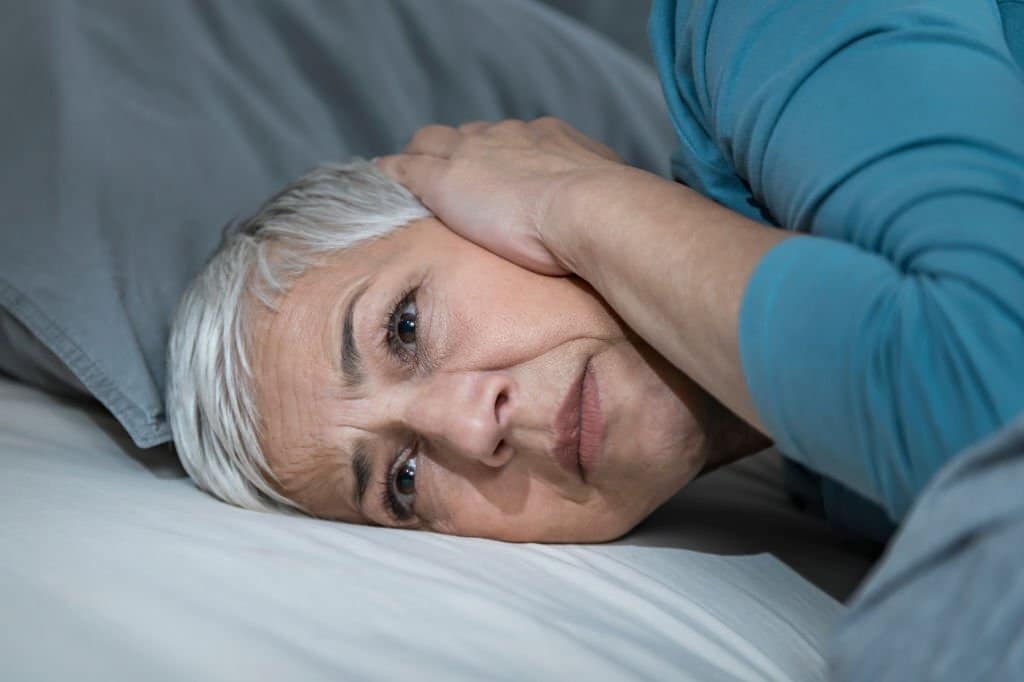What does misophonia feel like?
If you do not have misophonia, you may be perplexed about how it may cause so much misery.
Consider how you feel when you hear a sound you dislike. One typical example is nailing scraping a blackboard. Others might be a car alarm sounding or a baby crying. Your skin may tingle as your nerves flare when you hear such sounds. You want it to stop right now.
When you don’t have misophonia, you’ll observe this behavior only sometimes, in response to sounds that most people find bothersome. Furthermore, because others around you may have had a similar reaction, you will likely find it easy to voice your displeasure or disgust.
Dr. Barron Lerner, an author and NYU professor who suffers from misophonia, describes trigger noises as “terrible.” “Like your blood is starting to boil,” he adds, adding that they can also create physical anxiety symptoms such as a racing heart and stomachache.
According to Dr. Marsha Johnson, an audiologist at the Oregon Tinnitus and Hyperacusis Treatment Clinic, people with misophonia experience the reaction before they are even cognitively aware that they hear the trigger sound.
Johnson, who has researched misophonia for over 20 years, describes it as “a tsunami of unpleasant responses.” “It happens instantly. It’s enormous. It dominates the majority of their cognitive functioning.”
Misophonia is caused by what?
Researchers are still trying to figure out what causes misophonia.
They are aware that it is more frequent in those who also have the following:
- Obsessive-compulsive syndrome (OCD).
- Anxiety problems.
- Tourette disorder.
- Tinnitus.
Some have also proposed a link between misophonia and attention deficit hyperactivity disorder (ADHD).
Lerner observes that while misophonia appears to be a unique illness, it has some symptoms with other conditions.
When an anxious person with misophonia hears a certain noise, they may suffer heightened sweat and a racing heart. However, he notes that they may exhibit the same symptoms in the presence of any other sort of stress.
According to Johnson, for years, persons with misophonia were misdiagnosed with anxiety, phobias, and other mental health issues. However, misophonia is distinguished by the following characteristics:
- It usually starts around puberty, with the earliest signs emerging between 9 and 12.
- Women have more severe symptoms than males.
- The original trigger is usually a parent or a family member, although other triggers might emerge over time.
- It frequently runs in families.
Misophonia and Daily Life
There is currently no treatment for misophonia, but you can manage your symptoms.
Tinnitus Rehabilitation Therapy
Tinnitus causes you to hear sounds in your ears that no one else can hear, such as ringing.
The retraining therapy was originally intended to assist patients suffering from tinnitus learn to accept and endure those noises. It can also assist those suffering from misophonia learn to cope with trigger noises.
Counterconditioning
This therapy combines a lesser auditory trigger with something that elicits good or cheerful sensations, such as a favorite song, a photo of a loved one, or something comforting to the touch.
This therapy assisted a woman suffering from misophonia in reducing her sensitivity to auditory stimuli.
Coping Mechanisms
When you hear a trigger, your go-to coping strategy may be to leave the room, but you may not always be able to do so.
Other items to consider are:
They use noise-canceling headphones and listen to music, relaxing or white noises. Also, occupy yourself with a calming mantra or affirmation, and respectfully request that the individual causing the sound ceases.
According to Johnson, the audio of rain, nature, or other similar noises has been particularly helpful in her work, with up to 85 percent of users reporting some alleviation in their symptoms.
Counseling
Therapy with a competent mental health practitioner provides a safe environment to discuss the suffering caused by misophonia. You can learn appropriate coping skills for the disease through counseling.
Cognitive behavioral therapy is a treatment that assists you in addressing and reframing negative ideas and behaviors. This treatment might help you negotiate the emotions and physical sensations brought on by triggering sounds.
Do you want to meet other people who have misophonia? The Misophonia Association, a non-profit organization, provides further information about support groups around the United States and a database of experts treating misophonia.







